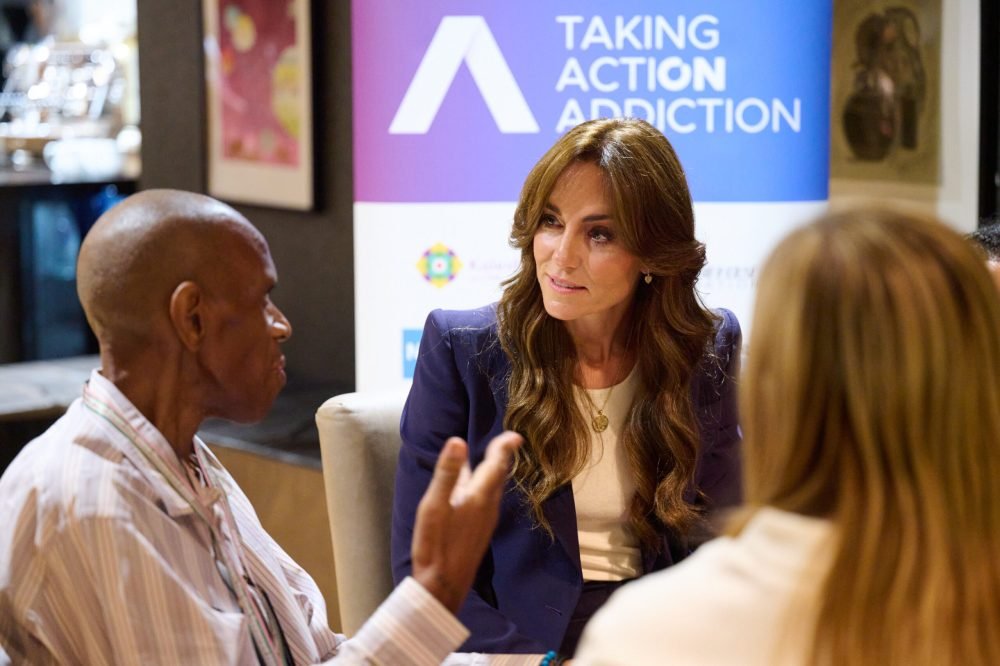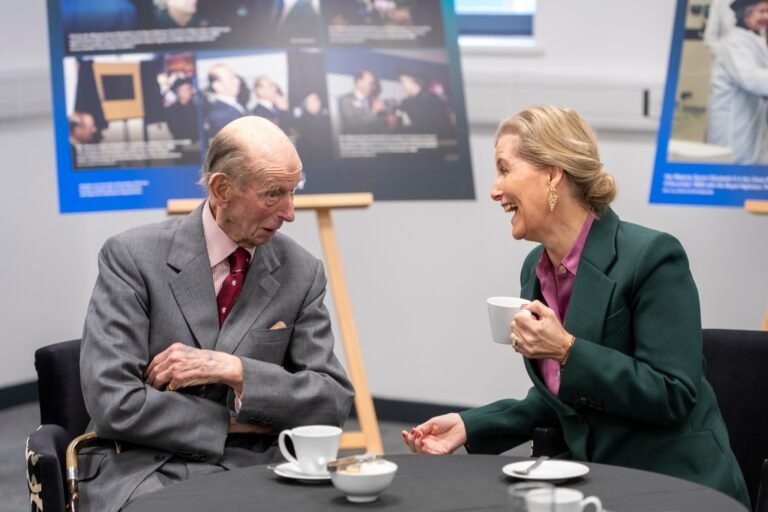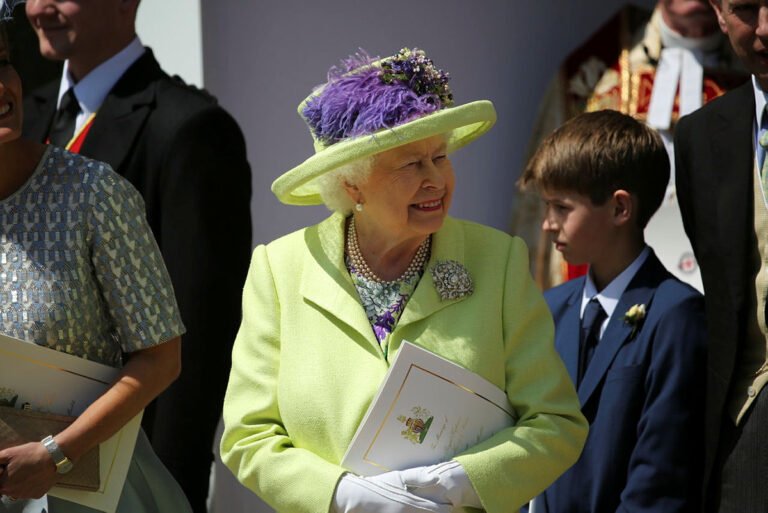As Patron of the Forward Trust, The Princess of Wales has written a message for Addiction Awareness Week where she has called for an end to the stigma surrounding addictions, noting the experiences of those dependent on drugs, alcohol or gambling are ‘shaped by fear, shame and judgment’.
Catherine states how she is as always to lend her support to ‘this hugely important campaign’.

Through her role as Patron, Catherine reflects how ‘it has been humbling to see the significant progress made to better understand addiction and tackle the stigma surrounding it, but there remains much more to do’.
Her Royal Highness notes how ‘addiction is not a choice, or a personal failing, but a complex mental health condition that should be met with empathy and support’ but says that ‘people’s experience of addiction is shaped by fear, shame and judgement’ and calls for urgent action stressing that ‘this needs to change’.
‘The stigma surrounding those who face addiction allows it to thrive behind closed doors, impacting families and communities, and ultimately ruining lives. Many of us will know someone who is struggling with an addiction. Now is the moment to show our compassion and love to help them, or their friends and family, to reach out to organisations like the Forward Trust for support’.

The Princess concluded her message by saying that Recovery is hard, but with the right treatment it is possible. And this begins with a conversation, a listening ear and showing we care. So please join the conversation. By talking about it in the open, together we can bring addiction and the harm it causes out of the shadows’.
‘We can reframe this issue with kindness and understanding, and we can help individuals and families coping with addiction know they are not alone’.
Catherine regularly marks the annual event by issuing messages or conducting engagements. In 2021, The Princess gave the keynote speech at event launch in a bid to tackle addiction, as Patron of The Forward Trust. The Royal was there to highlight the campaign, which aims to drive awareness and call for addiction to be treated as a serious mental health condition. It also highlights the need for more openness when talking about addiction, so that it can become easier for people to ask for help.
During the first Shaping Us Symposium at the Design Museum last year, Catherine reflected on her own experiences of meeting those who have ‘reached crisis point’, whether that is is ‘in prison rehabilitation programmes, addiction recovery centres, or those affected by homelessness’. She said the ‘biggest difference in preventing similar pathways for future generations’ is by ensuring a sense of ‘ safety, belonging and love in early childhood’ all of which should be ‘human nature’ in striving for these things.







